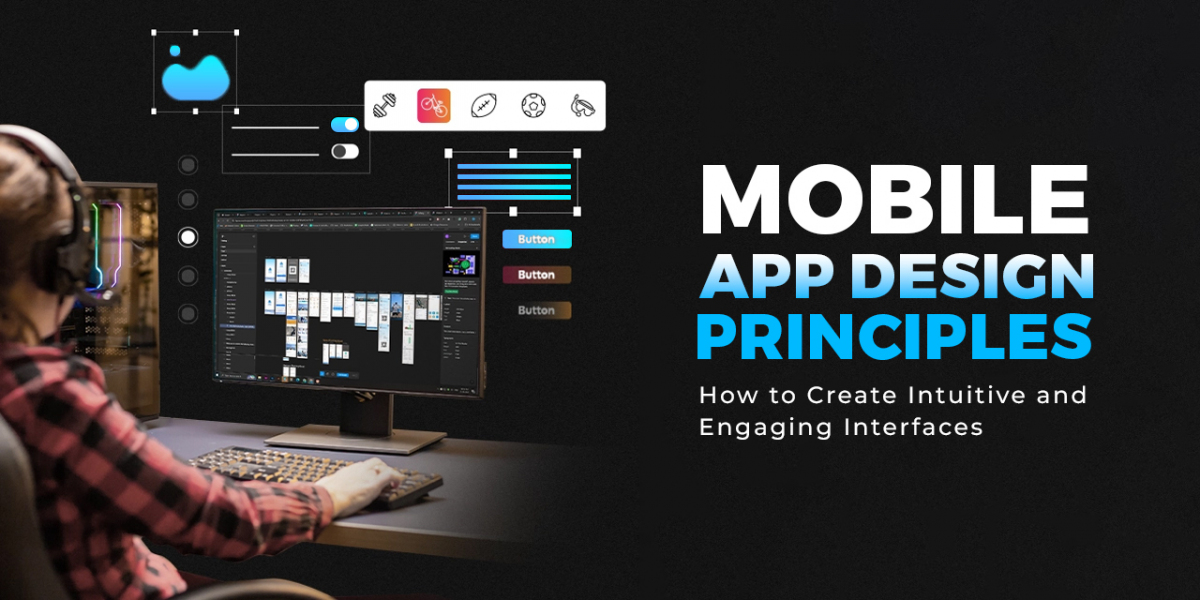The field of mental health assessment is continually evolving, integrating new techniques and technologies to enhance the accuracy and effectiveness of diagnosing mental illnesses. Recent advancements in mental health assessment for diagnosing mental illness are significantly improving the way clinicians understand and address various psychological conditions. Among the pioneering organizations in this area is Samvedna Care, which employs some of the latest techniques in their approach.
1. Digital and Remote Assessments
One of the most transformative advancements in mental health assessment is the rise of digital and remote assessment tools. With the increasing prevalence of telehealth, mental health professionals now have access to sophisticated digital platforms that facilitate remote assessments. These tools often include structured questionnaires, real-time video consultations, and mobile applications designed to monitor symptoms and behaviors. Remote assessments offer the advantage of reaching individuals who may have difficulty accessing traditional in-person evaluations, thereby broadening the scope of mental health care.
2. Artificial Intelligence and Machine Learning
Artificial Intelligence (AI) and machine learning are making significant strides in the mental health field. AI algorithms can analyze large datasets, including electronic health records and patient responses, to identify patterns and predict mental health issues. Machine learning models are being used to develop predictive analytics tools that can assist clinicians in diagnosing mental illnesses more accurately and earlier. These techniques are especially useful in detecting subtle changes in mood or behavior that might be missed during routine assessments.
3. Neuroimaging and Biomarkers
Neuroimaging technologies, such as Functional Magnetic Resonance Imaging (fMRI) and Positron Emission Tomography (PET), are becoming more prevalent in mental health assessments. These techniques allow clinicians to observe brain activity and identify potential biomarkers associated with mental illnesses. By visualizing brain function and structure, these technologies can help in understanding the neurobiological underpinnings of conditions like depression, anxiety, and schizophrenia. Samvedna Care, for example, incorporates advanced neuroimaging techniques into their comprehensive mental health assessment approach to provide a deeper understanding of each patient's condition.
4. Integrated Assessment Models
Integrated assessment models combine various assessment tools and methods to provide a more holistic view of a patient's mental health. These models often include self-report questionnaires, clinician-administered interviews, behavioral observations, and collateral information from family members or caregivers. By integrating multiple sources of information, these models improve the accuracy of diagnoses and help in tailoring personalized treatment plans. This comprehensive approach is part of the mental health assessment for diagnosing mental illness adopted by forward-thinking organizations like Samvedna Care.
5. Ecological Momentary Assessment (EMA)
Ecological Momentary Assessment (EMA) involves collecting real-time data on a patient's mood, behavior, and environment. This method uses mobile devices and wearable technology to gather continuous information about a person’s daily life. EMA provides insights into how mental health symptoms fluctuate throughout the day and in response to various situations. This dynamic approach helps in understanding the context of symptoms and can be crucial for diagnosing conditions that have variable presentations.
6. Genetic and Epigenetic Research
Emerging research into genetics and epigenetics is also contributing to advancements in mental health assessment. By studying genetic markers and epigenetic changes, researchers are uncovering potential predispositions to mental illnesses and understanding how genetic and environmental factors interact. This research is paving the way for more personalized and precise assessments, although it is still an evolving field.
In summary, the latest techniques in mental health assessment for diagnosing mental illness are revolutionizing the way mental health conditions are identified and treated. From digital tools and AI to neuroimaging and integrated models, these advancements enhance diagnostic accuracy and improve patient care. Organizations like Samvedna Care are at the forefront of incorporating these innovative techniques into their practices, ensuring that patients receive the most accurate and effective assessments available today.









